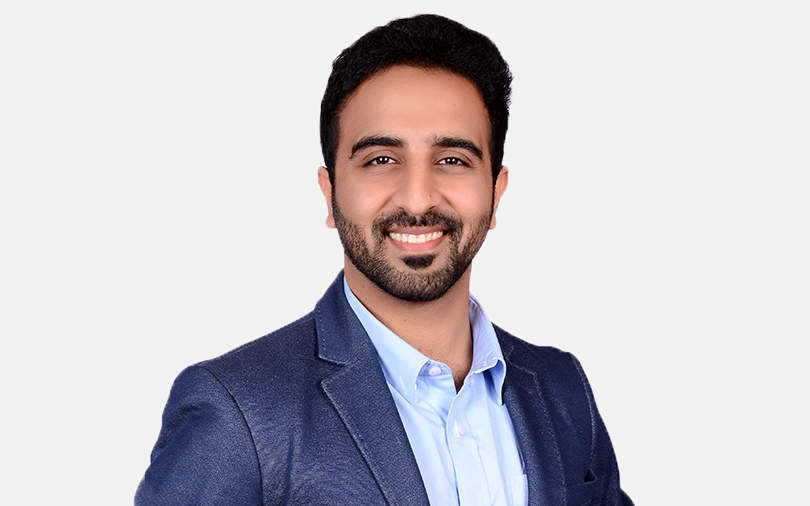
How this SaaS startup is solving everyday problems for the dairy industry


An early morning conversation with the milkman and a college project later, Samarth Setia decided to build a SaaS (software-as-a-service) platform to manage supply chains for the dairy industry.
“I was tasked with asking the milkman to not supply milk for a day when back home for vacations but could never catch him early enough. When I finally did meet him, I decided to track how he collects and supplies packaged milk to various residential areas. That turned into a college project,” says Setia.
Home for Setia was Gurugram. After graduating from Bengaluru’s RV College of Engineering and completing a brief stint with data analytics firm MuSigma, he came back home to build his own venture, Mr Milkman.

Setia founded Mr Milkman in 2015 and co-founder with Abhishek Goel, who went to the same college as Setia, came on-board in late 2018 as the chief operating officer. Goel earlier worked with warehouse automation company GreyOrange.
Mr Milkman works with automated and standard dairy farms, providing insights on inventory, spoilage, billing, credit and other aspects of the business that were traditionally managed manually or at best using spreadsheets. The startup came out with its SaaS platform in 2017 and currently works with the likes of Eight Roads Ventures and Neev Fund backed dairy brand Milk Mantra, dairy farms HappyMoo and Whyte Farms, as well as beverages brand Raw Pressery for its sale side functions.
“We are a micro-SaaS set up focused on the dairy industry. The sector is big enough and we work primarily with farm owners,” Setia says in an interview with TechCircle. He adds that as the number of mechanised farms grow in India, the need for a management platform for operations has grown. Visibility on demand, subscription management and payments continue to be a pain-point for these farms and leads to wastage.

The platform helps its clients manage subscription, provides visibility on sales, distribution channels and delivery to the end customer through a single dashboard. “We also provide demand prediction and can tell our client that Friday in a certain area is likely to see a spike in consumption, thus helping them manage their inventory better,” says Setia.
The platform charges its users on the basis of each litre of milk processed through the platform, providing a pay-as-you-go model for the businesses.
The company, which is registered in Singapore, raised an angel round from a clutch of investors, including Bimal and Anil Arya who co-founded popular mosquito repellent brand AllOut and sold it to US based consumer packaged goods company SC Johnson in 2005. The round, which closed in 2018, saw participation from Singapore based HNIs.

Setia is now in talks with investors to raise a subsequent venture capital round.
While the growth of the vertical SaaS play in India has seen success stories such as salon SaaS company Zenoti and cloud data protection firm Druva which recently became a unicorn, it is still day one for a sector like dairy where most of the consumption is domestic and a majority of the supply for retail brands comes from farmer cooperatives.
Unlike horizontal SaaS plays, vertical SaaS allows a company to go deep into a single business vertical and is predicted to be a key growth driver for the SaaS sector, according to a Nasscom report titled ‘Cloud - next wave of growth in India’.

“It has been three months since we have broken even and continue to generate organic sales across 25 cities. Only when we grow in the dairy sector which is fairly large market can we look at adjacent agricultural sectors. As of now we are focused on providing end-consumer analytics,” adds Setia.
The audited annual report filed by the holding company of Mr Milkman, Orange Tree Technologies, recorded a four-fold increase in revenues for the financial year 2017-18 at Rs 21.6 lakhs, as compared to Rs 5.22 lakh for the year 2016-17. The company’s losses after taxes marginally reduced by 4% to Rs 42.4 lakh.
